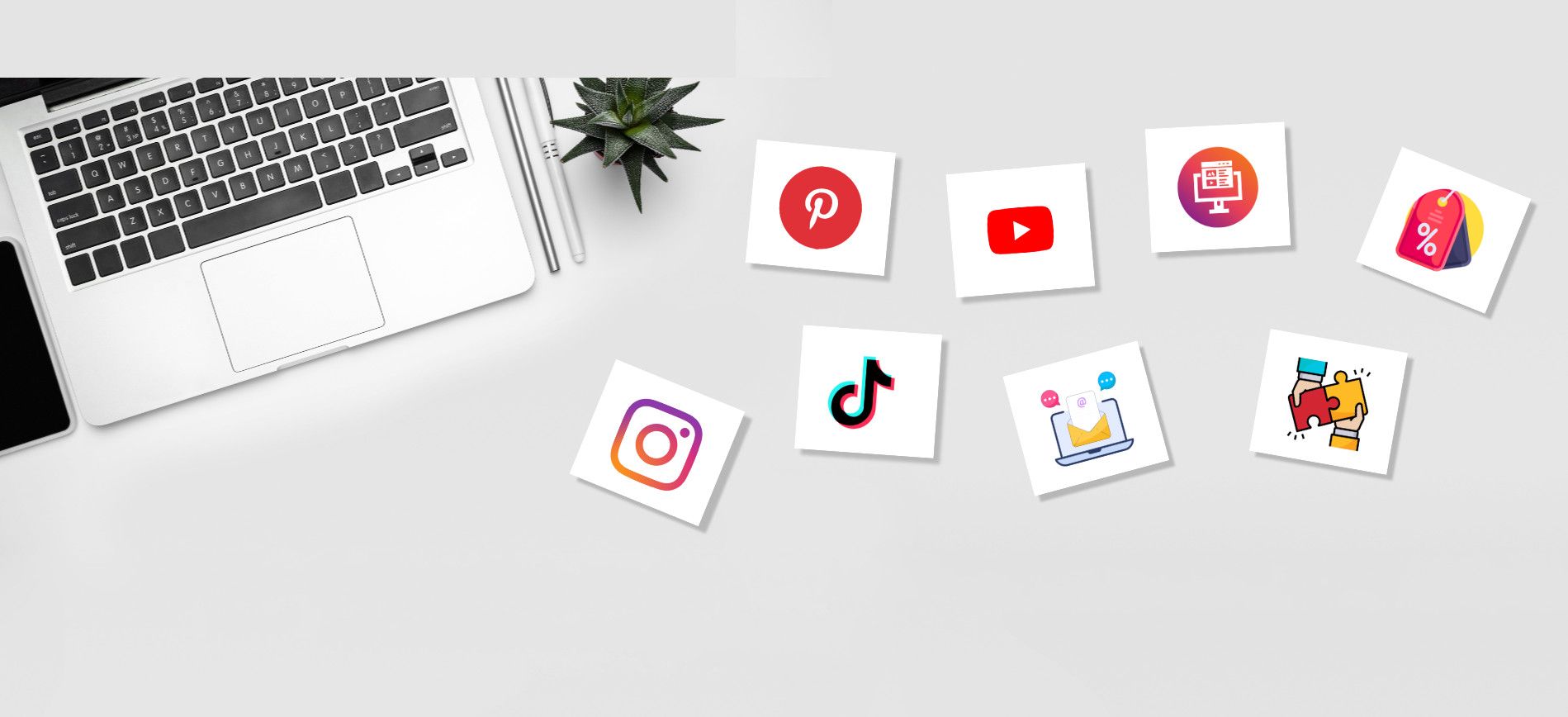What to expect from ecommerce in the future
August 8, 2023
E-commerce has come a long way in a short amount of time. In just a few short years, it has gone from being a niche market to being a mainstay of the retail world. And it shows no signs of slowing down. In fact, e-commerce is expected to continue to grow at an unprecedented rate in the coming years.
As the e-commerce landscape is constantly evolving, online stores are no longer a rarity, but the norm. And as shoppers become more comfortable making purchases online, businesses must adapt to changing trends and technologies to remain competitive. Here's a look at what you can expect from e-commerce in the future.
1. Increased Personalization
One trend that we can expect to continue is increased personalization. Online retailers are increasingly using data analytics to personalize the shopping experience for each individual customer. This means showing them items that they are likely to be interested in, based on their past purchase history and search habits. This personalized approach is proving to be very effective, and it's something that you can expect to see more of in the future.
Thanks to data collection and artificial intelligence, businesses will be able to not only provide but also predict the needs of their customers and deliver a truly personalized shopping experience. A recent study found that online event participants are 3 times more likely to register if they have a personalized experience. What's more, those who have a personalized experience are also more likely to be interested and engaged throughout the event.
With so much competition for attention online, it's more important than ever for businesses to deliver personalized experiences to their audiences. By harnessing the power of data and artificial intelligence, businesses can create highly customized marketing campaigns and online events that will resonate with users and result in increased interest and engagement. So, if you're looking to create truly memorable online experiences, don't forget the power of personalization.
2. Virtual Reality and Augmented Reality Shopping
Another exciting development that we can expect in the world of e-commerce is virtual reality (VR) and augmented reality (AR) shopping experiences. These technologies will allow shoppers to try on products virtually before making a purchase, which will be especially useful for items like clothing and cosmetics. We can also expect businesses to create virtual showrooms and AR product displays to give shoppers a more immersive experience.
3. Mobile Shopping
These days, more and more people are using their smartphones and tablets to do their shopping. And that trend is only going to continue. As mobile devices become more and more commonplace, and as their capabilities continue to increase, expect mobile shopping to become the norm rather than the exception.
Mobile commerce, also known as m-commerce, is the use of wireless handheld devices like smartphones and tablets to conduct commercial transactions online. M-commerce is convenient for customers because they can shop online anytime, anywhere. And it’s good for businesses because it can help increase sales and online engagement.
As online event planners, we're always looking for ways to increase interest and engagement from our audience. And one way to do that is to make sure that we're catering to the way that people like to shop these days. M-commerce experiences are also becoming increasingly popular with marketing campaigns. For example, many brands are now using m-commerce solutions to create interactive experiences that allow customers to learn more about the product, make a purchase, and share their experience with friends—all from their mobile device.
4. Social Media Shopping
We can also expect social media platforms like Instagram, Facebook and TikTok to become more important channels for e-commerce in the future. And it makes sense—after all, these platforms are where people already spend a large chunk of their time. Businesses have already started using social media platforms for shopping purposes, with features like shoppable posts on Instagram, Facebook and TikTok new visual search tool. We can only expect this trend to continue as social media platforms look for ways to monetize their user base.
Social media shopping is an online event where businesses sell products or services through social media platforms. It typically involves creating interest and engagement around experiences or products with an online audience. Many businesses use social media shopping to connect with potential customers and create new marketing experiences. While the concept is still relatively new, we can expect social media shopping to become more popular in the future as businesses look for new ways to reach their target audiences.
5. More Sustainability Efforts
From plastic straws to fast fashion, consumers are becoming more aware of the impact their purchases have on the environment—and they're demanding more sustainable options from businesses. In response, we can expect businesses to put forth more sustainability efforts in everything from packaging to product sourcing. And as consumers become more eco-conscious, they'll be willing to pay more for sustainable products, which means we can also expect an increase in prices for items that are good for the planet.
As online event marketers, we're always looking for ways to increase interest and engagement from our audience. And one way to do that is to create more sustainable online experiences. By sourcing sustainable products and using eco-friendly packaging, we can show our audience that we care about the planet—and they'll be more likely to care about our brand and activities.
6. Omni-Channel Retail
The rise of omni-channel retailing is a response to consumer demand for a more seamless shopping experience, and it's one that is here to stay. With omni-channel retailing, online retailers provide a consistent shopping experience across all channels, including brick-and-mortar stores, mobile apps, and online stores. This allows customers to shop how they want, when they want, and on whatever device they want. Omni-channel retailing is a great way to create interest and engagement with your audience, and it's an important tool for marketing events and experiences online.
E-commerce is constantly evolving, which means businesses must adapt to changing trends and technologies to remain competitive. E-commerce is growing at an unprecedented rate and shows no signs of slowing down. In the coming years, we can expect to see more mobile shopping, more personalization, and more omni-channel retailing. These trends will shape the future of e-commerce and provide new opportunities for online retailers. So if you're in the e-commerce business, make sure you stay ahead of the curve by keeping these trends in mind to ensure that your business remains relevant and profitable well into the future.





